|
Opposite Spy Bar Field 60 Meters
Gunjur
+2202598335
|
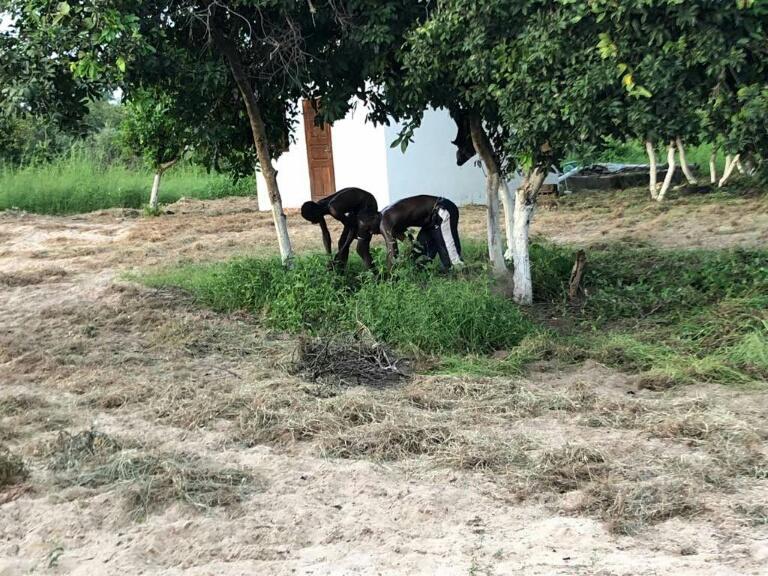
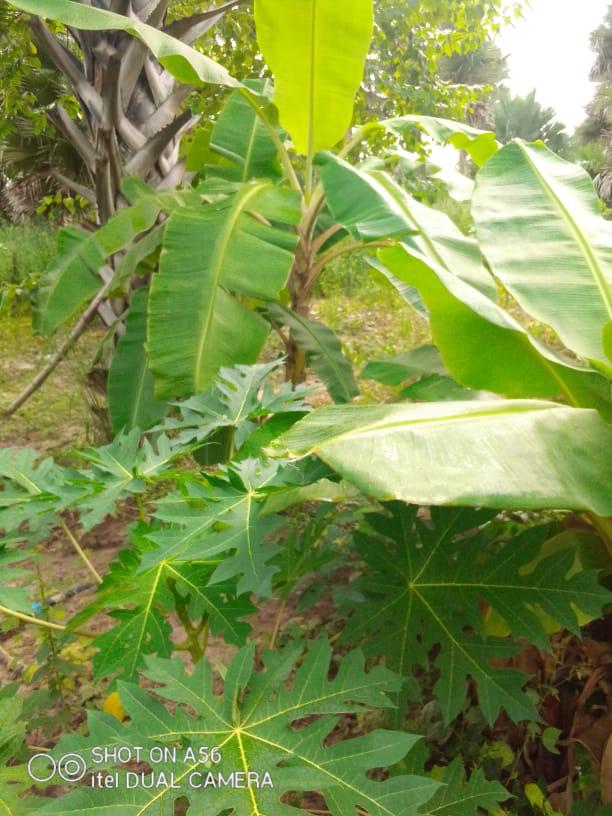

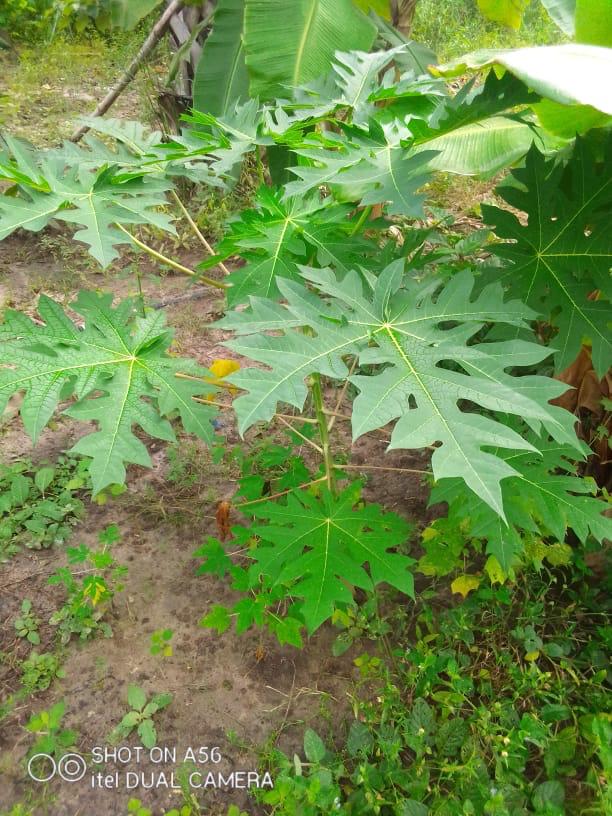
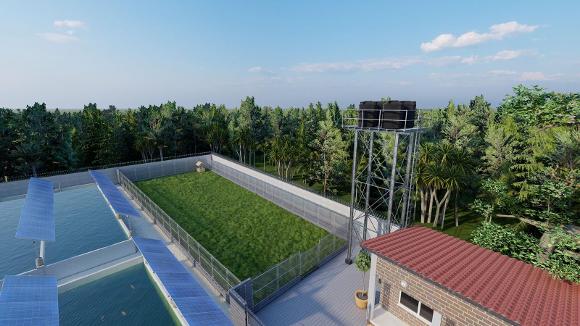
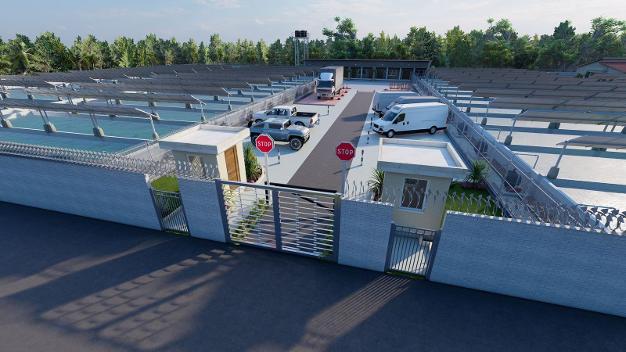
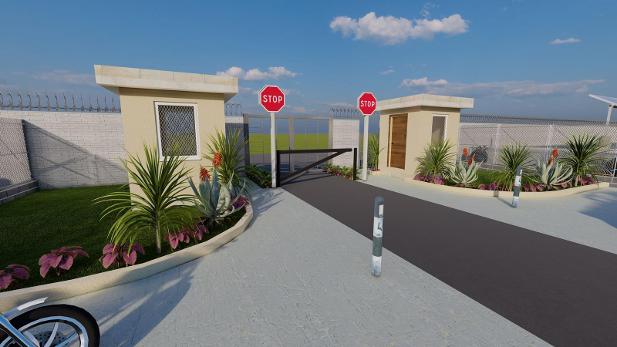
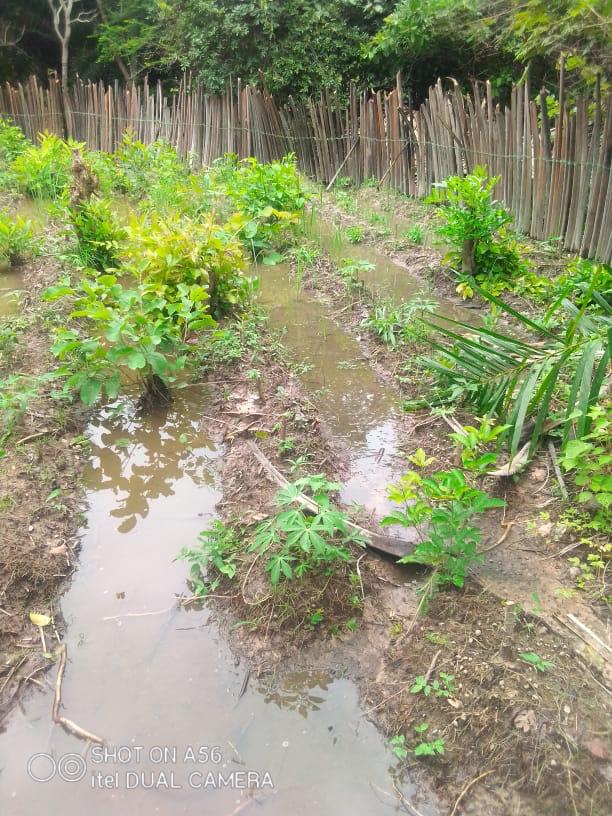
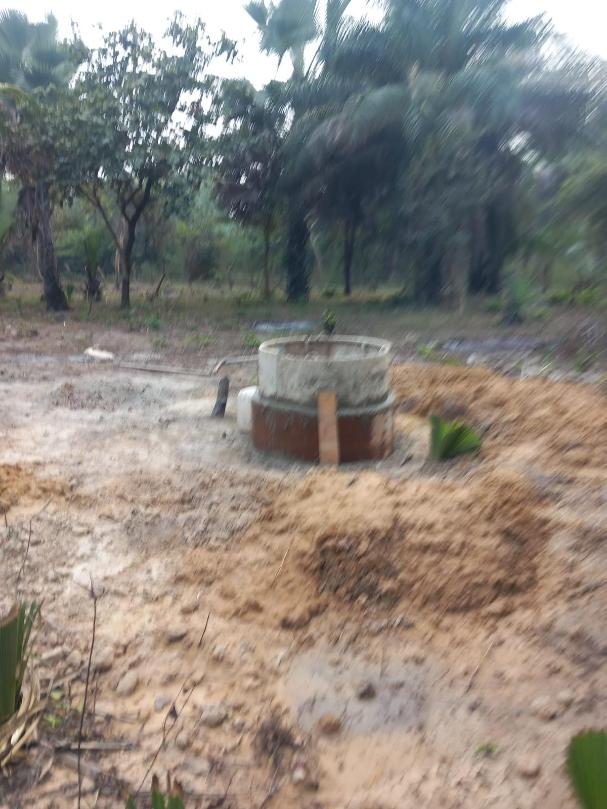
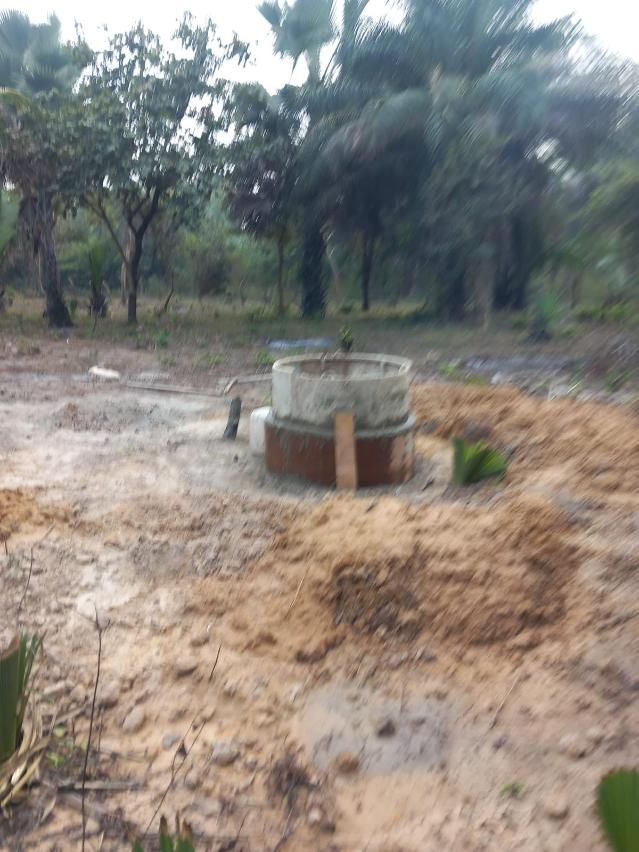

Translate This Page
Agriculture is the most important sector in most developing economy and one of the priority areas of development, particularly in the new global climate of price escalation of staple food items. This sector produces the basic source of food and happens to be one of the oldest professions of mankind.
For those who are interested in agriculture business; it is important to note that the major issue in agribusiness is not about money to start but your time and commitment to succeed in this business.
Due to their important in a healthy diet, vegetables are one of the highly consumed food items in the world. Household, supermarkets and even hotels are always in demand of fresh vegetable.
With few meters of land, quality seeds, fertilizer and watering system, you can could easily start a vegetable farm.
Cashew nuts can be your key to a profitable agricultural business. Their processing and packaging is similar to groundnut, but cashew nuts are expensive and difficult to get in large quantities. However, you can buy raw cashew nuts in Western Region and start selling them at a reasonable profit.
You can set up a flour milling business to process grains like wheat, corns, millet and cassava into flour. Buy the grains, process them into flour and sell it at a higher margin. You could also process grains for farmers at a reasonable fee. Either models will generate revenue for your agriculture business.
How many times in a month do you eat bread, cake and other flour products? Then, you know the popularity of flour products in the baking industry.
Organic production and climate change
To mitigate climate change, major decreases in emissions are needed in the near future. All sectors must contribute. Emissions of greenhouse gases from agriculture are dominated by methane and nitrous oxide, and not by carbon dioxide as in the energy and transport sector. When nitrogen is added to soil in the form of mineral fertiliser, animal manure or plant residues, a small proportion of the nitrogen is lost as nitrous oxide. Ruminants emit methane that is formed as a by-product of their feed digestion process. Considerable emissions also occur from Gambia’s carbon-rich organic soils in the form of carbon dioxide and nitrous oxide. For other sources of emissions, such as gaseous losses from the storage and spreading of manure, carbon dioxide from fossil fuels and imported feed, new methods and alternative systems that decrease emissions are available. Agriculture has the potential not only to decrease its own emissions, but also to contribute to changes in the rest of society through production of bioenergy and sequestration of carbon in soil. Many of the climate challenges facing organic agriculture are shared by all other types of agriculture. However, organic production is based on a number of principles expressed in standards and regulations which create specific preconditions for the potential of organic agriculture to decrease its greenhouse gas emission.
To avoid emission increase we will try to use as little fertiliser as possible and instead concentrate on the usage of animal dung at a low scale. Composed heaps will also be developed as a recycling method in the production chain by teaching gardeners how to manage, process and distribute evenly the stuff to proportionally balance the humus content of the soil.
|
Opposite Spy Bar Field 60 Meters
Gunjur
+2202598335
|











Translate This Page
Make a free website with Yola